Don't throw away these expired pills! Use it to grow flowers and keep blooming without worms!
Everyone's home should have some commonly used medicine, but these drugs will be out of date for a long time, it is a pity to throw away the expired medicine directly, but it is useless if you don't throw it away. In fact, the out-of-date medicine has a super good effect on flower cultivation. The plant not only does not have yellow leaves and rotten roots, but also promotes it to blossom earlier.
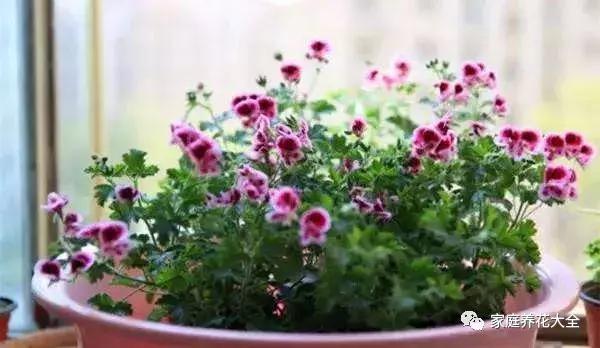
aspirin
Aspirin is a common anti-inflammatory drug, which should be found in most families. Out-of-date aspirin can be used to grow flowers, which has many effects.
Reduce the drop of buds
Before flowering, the plant is crushed with 2 aspirins and mixed with the water of 1kg. After it dissolves, it is sprayed on the leaves to prevent the buds from falling.
Protect root system
When changing or potting flowers, 2 aspirin can be crushed and mixed with 1kg water. After dissolving, the flowers are irrigated, which can improve the growth state of the root system and help to slow down the seedlings.
Improve the disease resistance of flowers
During the growing period of flower plants, an aspirin can be crushed and mixed with 1kg water to water the flowers, which can be applied once a month to prevent black spot disease and other diseases.
Vitamin B12
Growing flowers with vitamin B12 can play a good role in sterilization and rooting and strengthening the root system.
Sterilization and rooting
When flowers have rotten roots, they should be removed from the pot in time, and all the rotten roots should be cut off, then a piece of aspirin should be crushed and mixed with the water of 1kg, and the built roots should be soaked in solution for about 10 minutes, which can play a good role in sterilization and contribute to the growth of roots.
Strong root system
Hydroponic flowers and plants are prone to lack of nutrition. We can put half or 1 piece of vitamin B12 into the bottle every time we change water, which can promote the root system to grow better and make the leaves more bright and green.
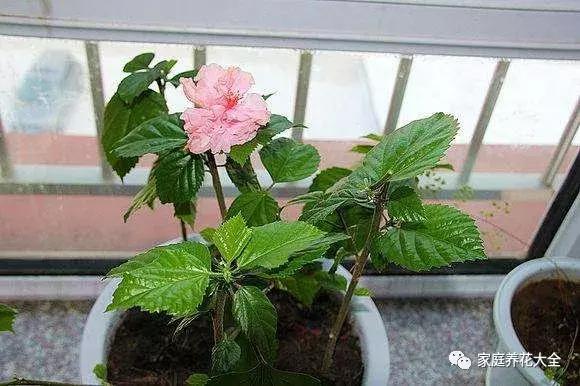
vitamin C
After vitamin C is mixed with clear water, its solution used to water flowers can not only play a good role in regulating soil acidity and alkalinity, but also improve the quality of tap water.
Prevention of yellow leaves
A piece of vitamin C is crushed and mixed into the water to water the flowers, which can make the soil slightly acidic. The acidity-loving flowers such as rhododendron and gardenia can be applied once a month, which can effectively improve the yellow leaves caused by soil alkalinity.
Elimination of chlorine in tap water
The tap water in the city will be put into it for disinfection, which contains chlorine, and long-term use of tap water to water flowers will lead to soil salinization. A piece of vitamin C can be put into tap water and then exposed to the sun, which can play a good role in eliminating chlorine.
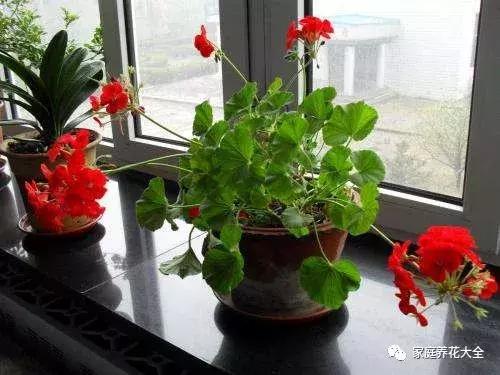
Ferrous sulfate tablets
The human body needs iron, and the growth of flowers also needs iron. When flowers lack iron, the leaves will turn yellow and so on. Ferrous sulfate can improve the symptoms of iron deficiency and make the leaves green.
Prevention of yellow leaves
The ferrous sulfate tablets were crushed, diluted and mixed with water at the ratio of 1: 1000, and then irrigated twice a month, which can make the soil show a slightly acidic environment, which is beneficial to the growth of acid-loving flowers and improve their yellow leaves.
Used as foliar fertilizer
The pieces of ferrous sulfate are crushed, diluted and mixed with water at the ratio of 1 to 500, and then put into a spray can to spray the leaves, which can make the leaves bright and bright green, and make them grow better.
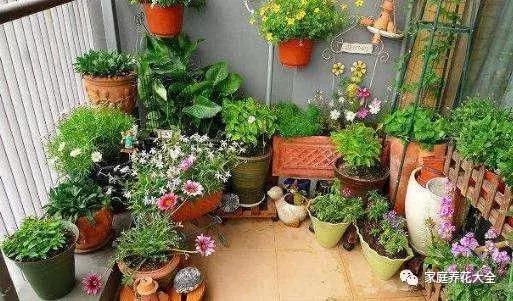
- Prev
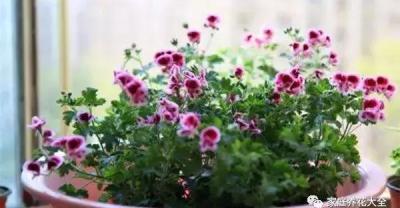
Tips for flower cultivation: Sulfur powder can prevent diseases and cure rotten roots in flower conservation
Sulfur powder can be widely used in flower cultivation, especially in disease prevention, antiseptic, wound healing and other aspects, skillfully used can play a multiplier effect. 1. Prevention and control of white...
- Next

Tea water, tea residue, can it be used for potted plants and flowers? That's the truth.
After many flower friends make tea, the rest of the tea water, or tea residue, are poured directly into the flowerpot next to it. It is also said that flowers and pots are watered with residual tea or tea residue.
Related
- What if the leaves of potted flowers turn yellow?
- Florescence Control of several Flowers
- Anti-freezing technology and post-freezing nursing technology of flowers
- What is the classification of flowers? What are the common methods of flower classification?
- Prevention and control of alkali and acid damage of flowers in courtyard
- Technology of Anti-freezing and restoring growth of Flower seedlings in greenhouse and greenhouse
- How does flower fertilization not hurt the root? Fertilization technology of flowers
- Key points of disinfection in flower greenhouse
- Several pesticides that are banned or used cautiously in flowers
- How to fertilize the flowers that watch the leaves?

